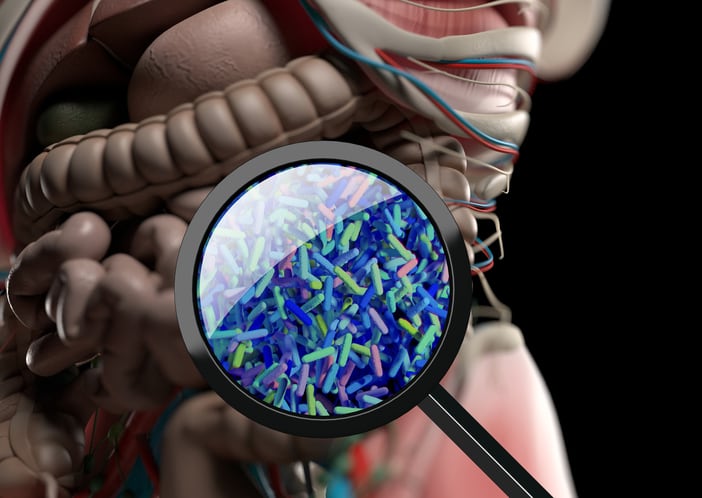The synbiotic blend containing 17 probiotic strains including Lactococcus lactis and Lactobacillus reuteri, as well as fructooligosaccharides, was provided by Pharmsville, the manufacturer of the supplement used in the study.
The researchers from Gachon University, Seoul National University and the Pharmsville Co., Ltd., sought to investigate the effects of the supplement combined with a balanced diet on blood health markers and gut microbiota in elderly Koreans.
Results showed that the blend “influenced the taxonomic profile and abundance of intestinal microbiota,” as well as improving blood sugar management-related biomarkers, even though the participants’ energy and carbohydrate intakes increased.
Nutrition and aging
According to the study, elderly individuals tend to have insufficient intakes of protein, calcium, potassium, riboflavin and vitamin A. These nutritional inadequacies are further exacerbated by difficulties with chewing, avoiding certain food textures and a lack of meal variety.
Aging can also be accompanied by heightened chronic inflammation and impaired immune regulation.
Probiotics and postbiotics may be beneficial in immunosenescence, a process in which cells change due to the aging process. Beneficial gut bacteria ferment dietary fiber and increase short-chain fatty acids, which are associated with the stabilization of inflammatory markers such as C-reactive protein.
The increases in Prevotella observed in the study participants are beneficial, as the species typically declines with age, leading to alterations in gut microbiota and increased inflammation. Declining immune function in aging can lead to increased vulnerability to gastrointestinal disorders and a higher risk of chronic disease.
“The present findings suggest that a balanced diet may enrich butyrate-producing gut microbes, which are important for energy metabolism and anti-inflammatory responses, “ the researchers wrote. “This effect appears to be further enhanced by probiotic supplementation, which positively contributes to the taxonomic profiling and abundance of health-associated microbial taxa in the gut.”
Study details
The parallel, randomized, single-blind study involved 48 Korean adults between the aged 65 and older, who were randomly allocated to one of two groups. Over eight weeks, one group consumed a balanced diet alone, while the other group consumed a balanced diet supplemented with the synbiotic.
Dietitians developed the diet plan in accordance with guidelines from the Korean Nutrition Society, and participants in the synbiotic group took two sachets each containing 1 × 108 CFU daily.
The researchers collected blood and fecal samples, did anthropometric measurements, and used a 24-hour dietary recall method to assess the participants’ diets.
Results found that participants who followed a balanced diet showed significant improvements in key nutritional and inflammatory markers, including fasting glucose, HbA1c, albumin, γ-GT, total and HDL cholesterol, and IgE levels. The diet also led to beneficial changes in gut microbiota, such as a lower Firmicutes-to-Bacteroidetes (F/B) ratio and increased levels of beneficial bacteria like Bacteroidaceae, Prevotella, and Faecalibacterium.
The synbiotic group experienced more pronounced effects, suggesting a synergistic benefit from combining both strategies.
The findings suggest that combined intervention may better support glycemic control, likely due to increased dietary fiber and probiotic effects, the researchers noted.
They called for future “meticulously designed randomized controlled trials” to understand the benefits and mechanisms of balanced diets and probiotics supporting health in aging populations.
Source: Nutrients 2025, 17(11), 1933. doi: 10.3390/nu17111933. “Effects of a Balanced Diet and Probiotics on Blood Biomarkers and Gut Microbiota in the Elderly: A Community-Based Intervention Study”. Authors: J. Park et al.




